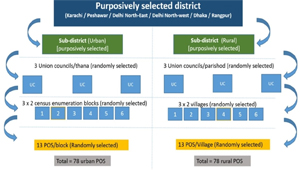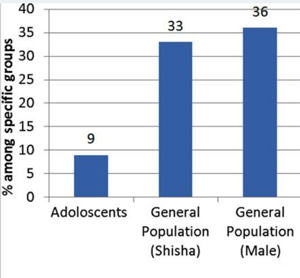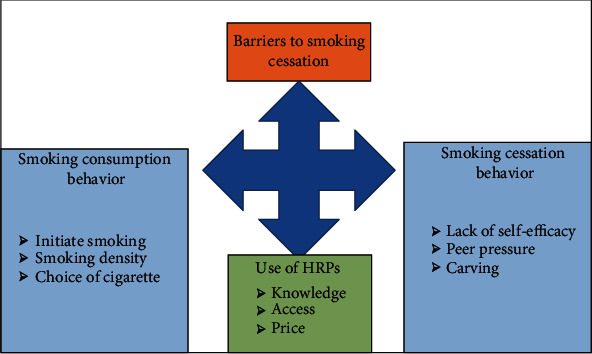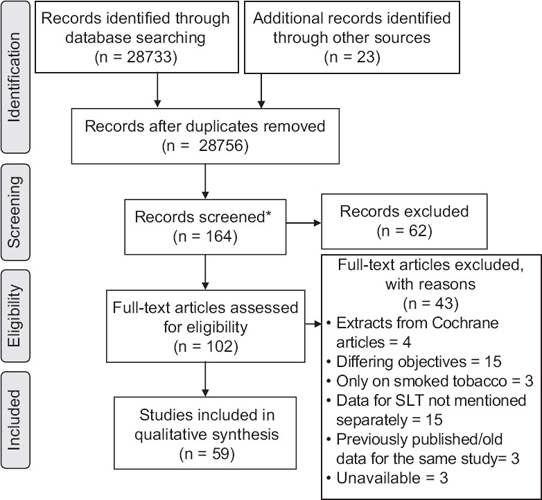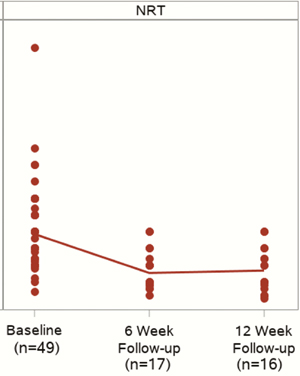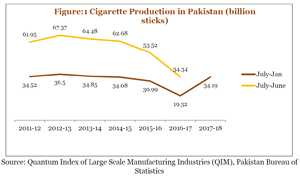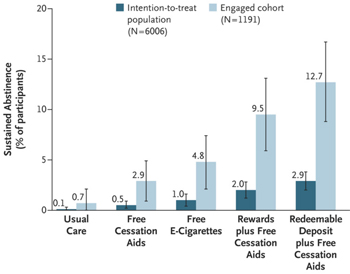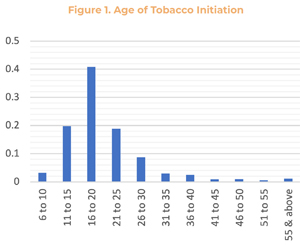Compliance of smokeless tobacco supply chain actors and products with tobacco control laws in Bangladesh, India and Pakistan: protocol for a multicentre sequential mixed-methods study
South Asia is home to more than 300 million smokeless tobacco (ST) users. Bangladesh, India and Pakistan as signatories to the Framework Convention for Tobacco Control (FCTC) have developed policies aimed at curbing the use of tobacco.
The Gateway Effect of E-cigarettes: Reflections on Main Criticisms
The recent spread of e-cigarette use has spurred not only enthusiasm about their harm reduction and smoking cessation potential but also concerns about possible risks from long-term use, and stalled cessation through dual use. Another main concern is that e-cigarette use is increasing among tobacco-naive youth2 than among only adult smokers who are using them for cessation and expectation of risk reduction.
An overview of smoking practices in Pakistan
Smoking remains a major player in morbidity and mortality worldwide. It is a matter of immense public health importance as single leading cause of preventable deaths. The aim of this study was to assess smoking practices that prevail across Pakistan & Attitude of people towards this issue.
Tobacco control laws in Pakistan and their implementation: A pilot study in Karachi
Objective: In order to limit the high prevalence of tobacco use in Pakistan various tobacco control laws have been implemented. The objective of this study is to serve as a pilot study to assess the implementation of these laws in the largest city of Pakistan, Karachi.
Burden of Tobacco in Pakistan: Findings From Global Adult Tobacco Survey 2014
Introduction: The Global Adult Tobacco Survey (GATS) is the global standard for systematically monitoring adult tobacco use and tracking key tobacco control indicators.
Awareness, perceptions of and compliance with tobacco control policies among naswar vendors in Khyber Pakhtunkhwa Pakistan
Introduction: Regulatory compliance in the retail environment is integral to the success of tobacco control. We assessed compliance among naswar (smokeless tobacco product widely used in South Asia) vendors with tobacco control laws. We also assessed their awareness of tobacco-related harms and policies and perceived effect of policies on their sales.
Tapping into the Tobacco Industrial Profits - Understanding Tobacco Taxation in Pakistan
Tobacco taxation is the most effective way to control the spread of tobacco use and reduce demand for it (WHO, 2019). Governments in low-middle income countries face a serious dilemma in earning revenue without annoying the high taxpayers such as the tobacco industry. The government in Pakistan, also burdened by the public pressure, finds it politically challenging to implement new taxes, and is revenue starved.
Barriers to Cigarette Smoking Cessation in Pakistan: Evidence from Qualitative Analysis
This study explores barriers to smoking cessation in marginalized communities of Islamabad and the possibility of their use of Harm Reduction Products (HRPs), primarily e-cigarettes. Methodology. The study has used primary data of 48 respondents from marginalized communities.
